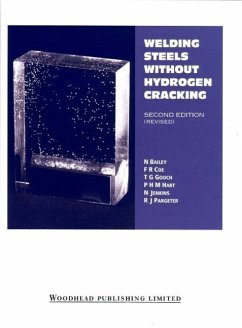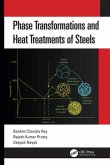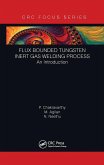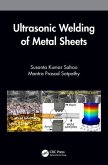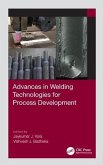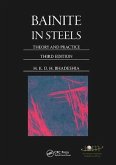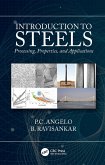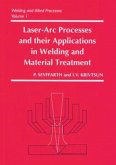Hydrogen cracking represents the most common problem encountered when welding steel structures. The major variables influencing the incidence of cracking have been defined for many years and the design of welding procedures is dominated by the need to incorporate appropriate safeguards. The previous edition of 'Welding steels without hydrogen cracking' described these factors and presented nomograms on the basis of which cracking could be avoided in steels of different types. Since publication of the first edition, significant changes have taken place in steel compositions and production routes, many of which have been intended primarily to obtain improved weldability, especially in the sense of avoiding hydrogen cracking. Appropriate experimental work has been carried out to define the effects of such materials changes on cracking behaviour. This edition has been produced to recognise both changes in steel formulation and the body of data which now exists regarding cracking sensitivity.
Hinweis: Dieser Artikel kann nur an eine deutsche Lieferadresse ausgeliefert werden.
Hinweis: Dieser Artikel kann nur an eine deutsche Lieferadresse ausgeliefert werden.

